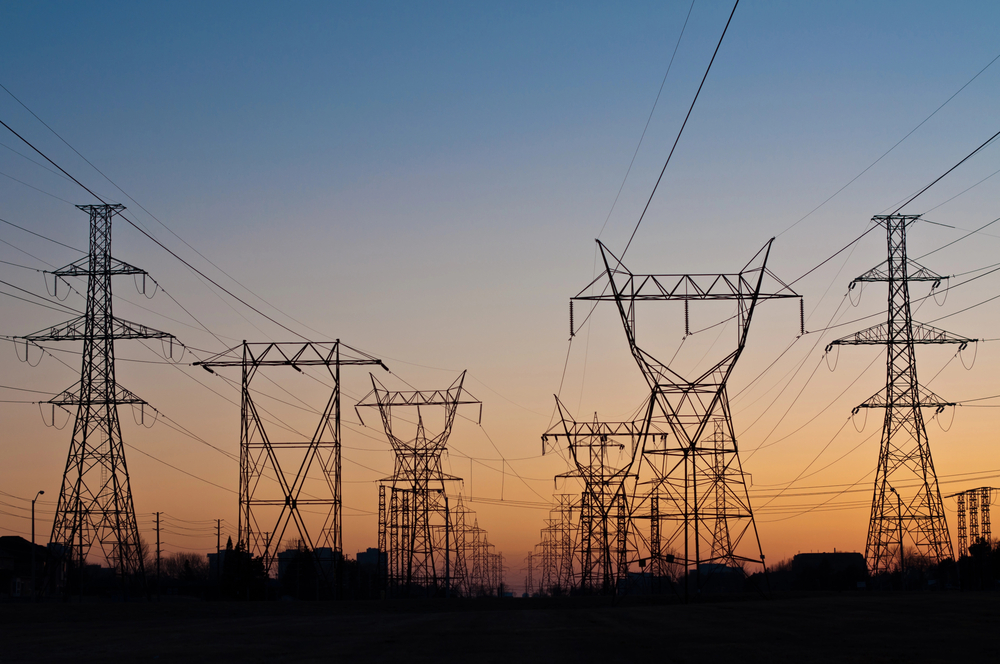Russian strike triggers blackout in Khmelnytskyi Oblast, home to key Ukrainian nuclear plant
The regional capital, Khmelnytskyi, along with four neighboring settlements, has suffered a total power blackout.


According to Serhiy Tyurin, head of the Khmelnytskyi Regional Military Administration, the city of Khmelnytskyi has experienced a complete power blackout following a Russian attack. The outage extends to four surrounding settlements.
Khmelnytskyi Oblast hosts one of Ukraine’s four nuclear power plants, a critical component of the national energy infrastructure that has become increasingly vital after Russian attacks severely damaged much of Ukraine’s conventional power generation capacity.
“The attack damaged a hotel building and shattered windows in two residential buildings. Emergency services are working at the sites,” Tyurin reported via Telegram.
He did not specify the locations of the damaged structures or elaborate on other infrastructure impacts that led to the widespread power failure.
Tyurin added that the regional air defense forces successfully intercepted eight Shahed drones, and no civilian casualties were reported in Khmelnytskyi Oblast.
The attack was part of a broader Russian assault on Ukraine during the night of 26 October, which resulted in multiple civilian casualties:
- In Dnipro, a missile strike killed four people, including a local police officer’s family
- In Kyiv, a Russian drone hit a high-rise apartment building, killing a 14-year-old girl
- In Kyiv Oblast, debris from intercepted drones fell across several districts, leading to the death of one woman in hospital and injuries to a 13-year-old boy.
Read more:
- Russian missile strike on Dnipro kills 4, including police officer’s family
- Russian overnight drone kills girl, 14 in Kyiv high-rise
- UK intel: Russian forces enter Selydove, providing additional options for advancing to Pokrovsk
- ISW: Ukrainian forces advanced in Kursk Oblast, near Toretsk and Pokrovsk in Donetsk Oblast
You could close this page. Or you could join our community and help us produce more materials like this.
We keep our reporting open and accessible to everyone because we believe in the power of free information. This is why our small, cost-effective team depends on the support of readers like you to bring deliver timely news, quality analysis, and on-the-ground reports about Russia's war against Ukraine and Ukraine's struggle to build a democratic society.
A little bit goes a long way: for as little as the cost of one cup of coffee a month, you can help build bridges between Ukraine and the rest of the world, plus become a co-creator and vote for topics we should cover next. Become a patron or see other ways to support.



